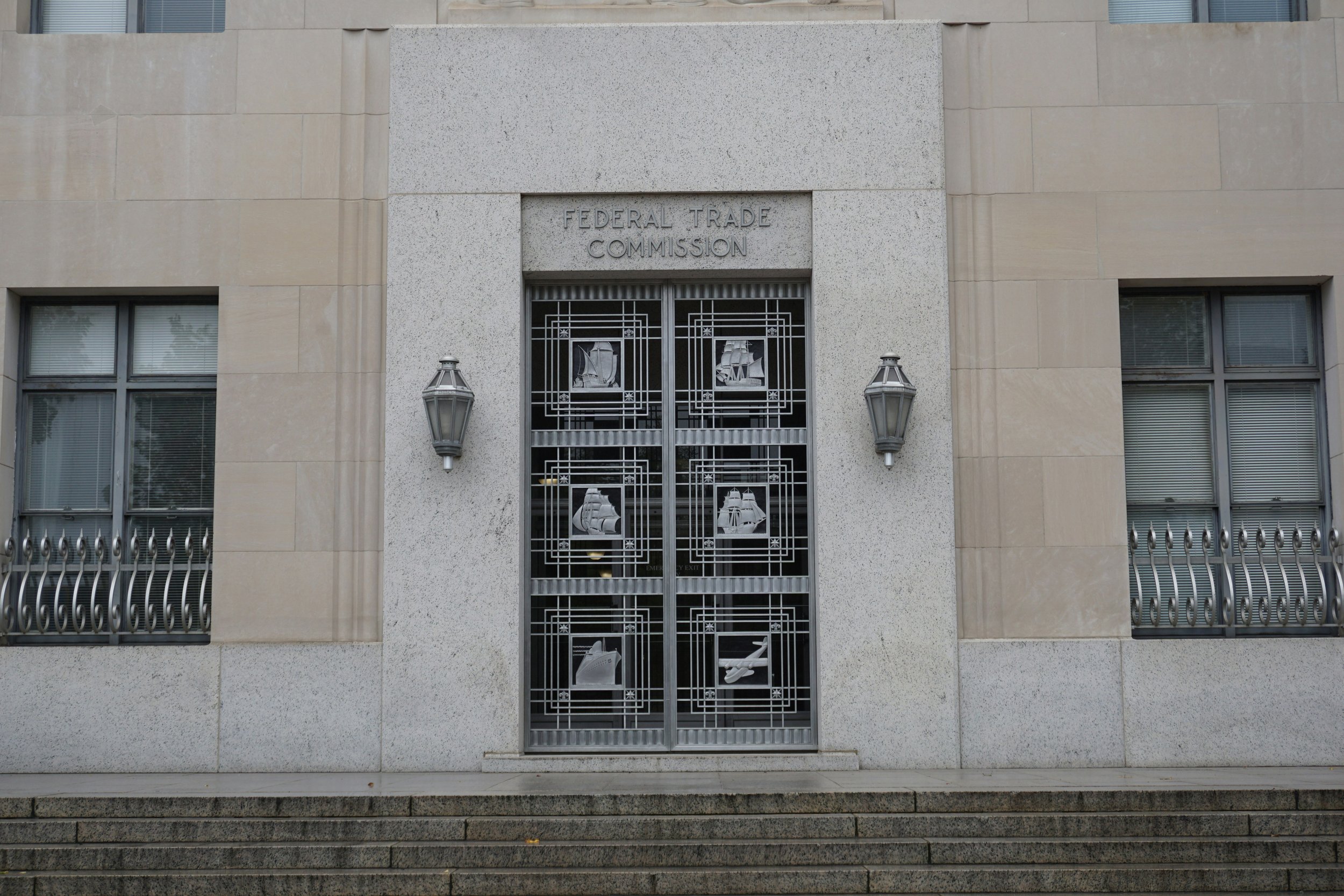FTC’s Final Rule Nixes Noncompetes - What’s Next?
On April 23, 2024, in a nail-biting 3-2 decision, the Federal Trade Commission (FTC) voted to publish its final rule banning noncompete provisions in employment agreements.
You can read the entire rule here.
Last year (January 2023), the FTC released a proposed rule banning noncompetes that seemed to stall. The proposed rule defined a “non-compete clause” as one that prevents a worker (employee, independent contractor, or intern) from seeking or accepting employment with a person, or operating a business, after the worker’s employment with the employer ends.
And, the FTC made clear that it would ban “de facto noncompetes” too - there’s no dressing up a noncompete provision to look like something else, like maybe a non-acceptance of employment provision or a non-interference clause.
Yes, the FTC included some narrow exceptions to the proposed rule.
I spoke about the proposed rule with some friends last year, here, if you want to compare the proposed with the final.
What’s A Noncompete Per the “Final Rule”?
The FTC’s final rule defines a noncompete as:
a term or condition of employment that prohibits a worker from, penalizes a worker for, or functions to prevent a worker from (1) seeking or accepting work in the United States with a different person where such work would begin after the conclusion of the employment that includes the term or condition; or (2) operating a business in the United States after the conclusion of the employment that includes the term or condition.
A “term or condition” includes, but is not limited to, a written or oral contract term or workplace policy.
But lawyers want everything in writing! I can see the factual disputes arising from this already.
How Does The Final Rule Impact Your Workforce?
Well, it depends on the workers and the timing.
For noncompetes entered into before the effective date (120 days from publication in the Federal Register - maybe), only noncompetes for “senior executives” are still OK, while noncompetes with other workers are not enforceable after the effective date.
Here’s who can be categorized as a “senior executive” under this rule:
(1) workers earning more than $151,164 and
(2) who are in a “policy-making position.”
The FTC estimates that fewer than 1% of workers are estimated to be senior executives by this definition.
Indeed, the ‘C-suite’ will likely be included in this definition—as long as they are making decisions that have a significant impact on the business, such as important policies that affect most or all of the business.
(That’s probably not everyone.)
Senior executives who have final authority to “make policy decisions” does not include authority limited to advising or exerting influence over such policy decisions or having final authority to make policy decisions for only a subsidiary of, or an affiliate of, a common enterprise.
However, the FTC’s final rule bans on all new post-employment noncompete agreements in the employment context, regardless of the type of worker (rank and file or C-Suite), after the rule’s effective date.
Photo by Ian Hutchinson on Unsplash
Employers Must Notify Workers That Their Noncompetes Are No Longer Effective.
After the effective date, employers must notify all other workers with noncompetes that their noncompetes are no longer valid.
Helpfully, the FTC provides model language, which basically says that the FTC requires the employer to tell workers that it (the employer) cannot enforce the noncompete against the worker, and the employee can go work with whomever and wherever they want and compete to their hearts’ content.
Employers cannot require employees to agree to a noncompete agreement or provision after the effective date of the final rule.
What About State Laws Governing Noncompetes?
The final rule does not limit or affect the enforcement of state laws that restrict noncompetes where those state laws do not conflict with the final rule, but the final rule preempts state laws that conflict with it.
In other words, the final rule would not preempt a state law that provides greater protection to employees.
What About NDAs?
Employers, your nondisclosure agreements are safe, but, like with the proposed rule, an NDA cannot be so broad that it is really a noncompete provision in disguise.
What’s Next for Employers?
Really, it depends on the legal challenges, which are sure to abound.
In fact, the U.S. Chamber of Commerce announced that it would challenge the final rule before the FTC’s meeting today.
Among its arguments, the Chamber asserts that the FTC does not have the regulatory authority to issue this final rule and is “impermissibly” retroactive.
Employers want to consider their risk tolerance to determine whether they want to toss their noncompetes entirely, start replacing noncompetes with narrowly tailored nonsolicitation provisions instead, or simply wait for the dust to clear before the effective date of the final rule.

